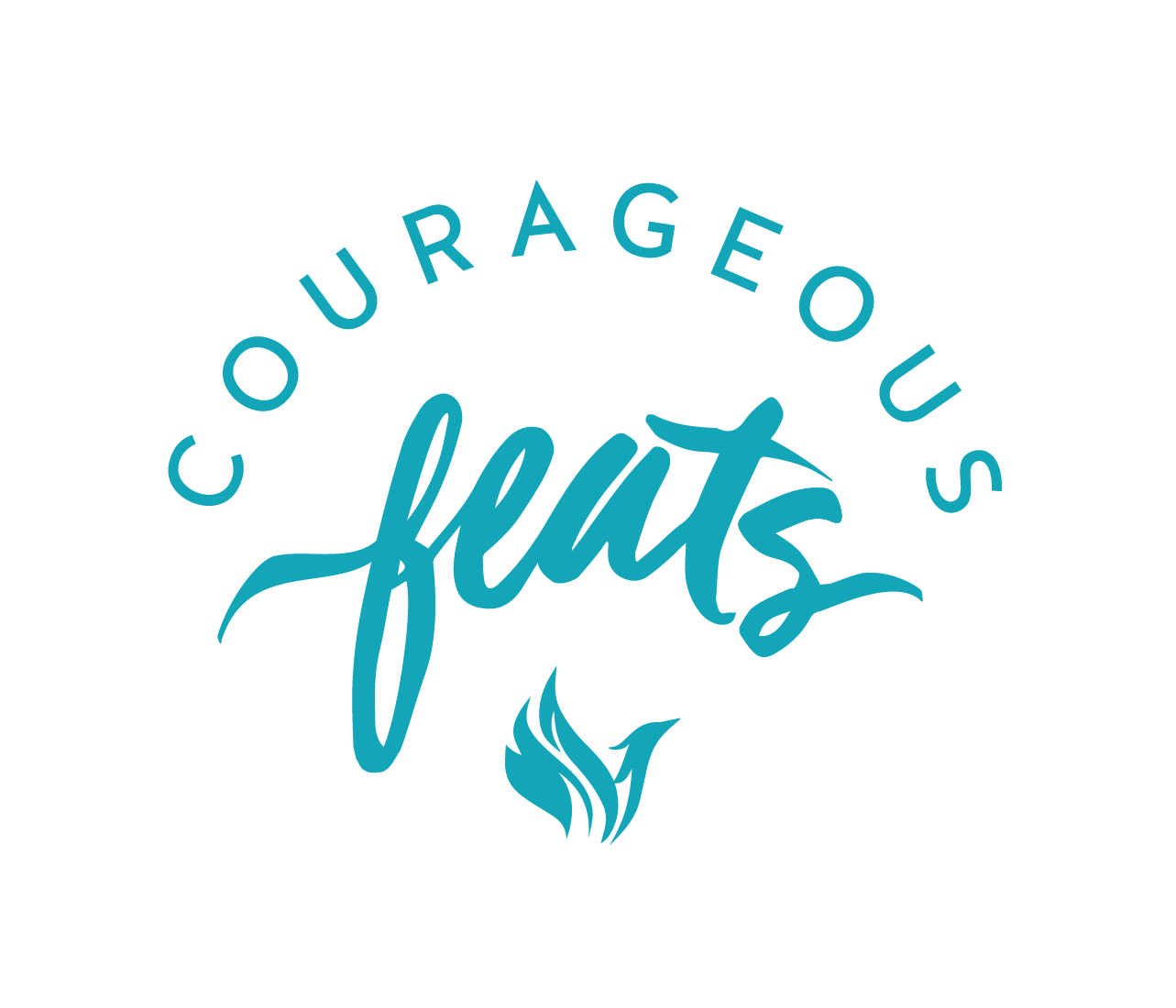Last week, I had the opportunity to speak with a group of leaders on the topic of celebrating mistakes…Ironically, I made some mistakes!
I was presenting the session twice…once in the morning and once in the afternoon. In the first session, I ran out of time and didn't get to everything I planned. DOH! NOT the first time this has happened to me (ahem…ALWAYS happens because I never know exactly how much time participants need for each activity--every group is different), but I typically have a plan to fix it. This time the plan didn't work! It wasn’t as easy to skim a few minutes here and there when I only had 50 minutes as opposed to my usual 180 minutes. UGH!
When I facilitate groups, my main goal is to be useful and I knew that I wasn't as useful as I could have been in that first session. (We covered many of the main points, so hopefully most of them didn't notice that I didn't get to everything...or at least that’s what I’m trying to tell myself.)
Luckily, I had 2 hours between my first and second sessions, so I used the time to make some revisions (aka "trim the fat") to make sure I hit the most important parts of my session. AND GUESS WHAT?!?!…the second session was FANTABULOUS! There was more meaningful engagement and they were able to have a solid takeaway from our time together. BAM!!! I felt way more useful after the second session.
How you react when you make a mistake matters.
Two studies looked at people's brains as they made a mistake. In both studies, participants received immediate feedback about whether the decisions they made were right or wrong and they were given opportunities to try again based on the feedback.
The studies found two typical responses to making mistakes:
- The brain treats the mistake as a "wake up call" and focuses on how to solve the problem…What happened? Why?...and attention is heightened during the next decision to prevent a repeat of the mistake.
- The brain shuts down…to escape feeling bad or doubting one's abilities, the brain avoids thinking about the mistake.
The predictor of how people's brains would respond was found to be in the person's view of intelligence. People who believe intelligence is malleable (growth mindset) tend to experienced the “wake up call” and pay more attention to mistakes while those who believe intelligence is fixed experienced shut down and were least likely to learn from mistakes.
I believe we can all experience the wake up call when we make a mistake…even if our current reaction is to shut down. We just have to work on our individual and collective stories about mistakes so that we can create environments where we have the opportunity to safely make mistakes, reflect upon our mistakes, and make improvements to avoid repeats of our mistakes.
I haven't always reacted with a wake up call, but I do believe we are all a work in progress. Even if I didn't have a second session, I could apply what I learned in that first session to the next time I facilitate a shorter session. We may not always get a do over when we make a mistake, but...
There is ALWAYS something we can learn from our mistakes.
Want to explore this topic even further? Join me this Thursday, 12/8/16, for a FREE webinar on Celebrating Mistakes. (Yes, the same session I talked about in this post…I'm taking it online for those of you who weren't able to make it live.)
Studies referenced:
1. Moser JS, Schroder HS, Heeter C, Moran TP, Lee YH (2011). Mind your errors: Evidence for a neural mechanism linking growth mindset to adaptive post-error adjustments. Psychological Science, 2011, [Epub ahead of print]. DOI: 10.1002/mnfr.201100262
2. Downar J, Bhatt M, Montague PR (2011). Neural correlates of effective learning in experienced medical decision-makers. PLoS ONE, 6 (11): e27768. DOI: 10.1371/journal.pone.0027768.


